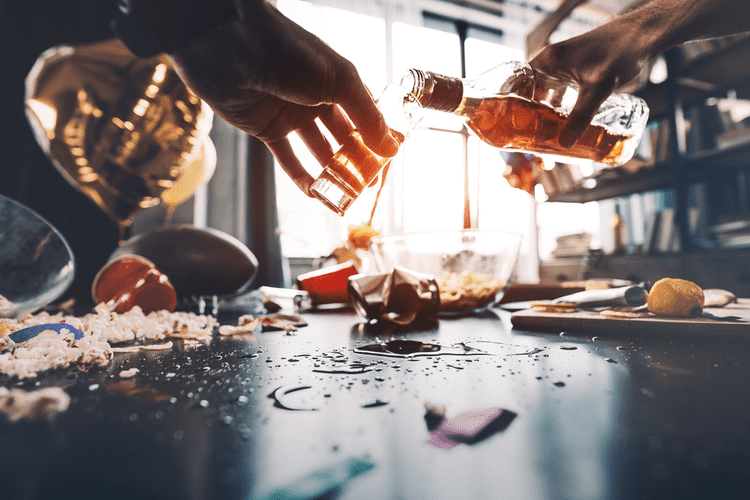A drunk rage blackout happens when both of these conditions, anger and memory loss, merge. A personality change that happens when drinking to excess, such as becoming aggressive and angry, may also lead to a blackout if the large amount of alcohol was consumed too quickly. For example, while heavily intoxicated, someone may commit a violent act, such as inflicting physical harm or raping someone, and then blacks out having no memory of the event. Alcohol-related blackouts are gaps in a person’s memory for events that occurred while they were intoxicated. These gaps happen when a person drinks enough alcohol to temporarily block the transfer of memories from short-term to long-term storage—known as memory consolidation—in a brain area called the hippocampus.
Understanding the role of family therapy as a dimension of the overall healing picture is essential to recovery success. The individual will be closely monitored by trained detox professionals throughout the detox phase, and as withdrawal symptoms intensify will administer necessary medications. According to the National Institute on Alcohol Abuse and Alcoholism, alcohol delays the brain signals that are responsible for the gag reflex and other autonomic responses.
What are Alcohol Blackouts?
The connection between alcohol and personality changes is clear, even during blackouts. As said above, alcohol has plenty of effects on your brain and how you act. The part of the brain that alcohol can affect is the hippocampus, the part responsible for memory storage. Alcohol impacts N-methyl-D-aspartate (NMDA), disrupting it from binding to receptors which help with memory storage. Alcohol also affects the frontal lobe, which is involved in memory retrieval as well as decision-making and impulse control. You should try this experiment with people who are alcoholics or suffer from mental illness.
- For some, it might be the cold beer or glass of wine after work, or Friday after a week of work, and they binge drink all weekend.
- Portly, gregarious, and prone to spontaneous dancing, he was both an outsize presence and a perfect distillation of our school spirit.
- Alcohol also affects your neurotransmitters, the messengers in your brain that communicate with each other.
- Symptoms will fluctuate depending on the drinker’s personality, mood, or genetic susceptibility to intoxication.
- Complete amnesia, often spanning hours, is known as an “en bloc” blackout.
Recovering memories from an alcohol blackout is difficult since during the episode your brain’s ability for conscious self-control was limited. If you were unable to remember occurrences from the time frame of your blackout then it’s unlikely that later attempting to recall them will bring new information back. ptsd blackouts The first step in this process involves consuming too much alcohol too quickly. Since alcohol acts upon many brain pathways, the neurotransmitters regulating emotions and personality traits can be affected, resulting in a increased likelihood of developing emotional issues, however this is not pre-determined.
Q&A- Is Therapy Required Before Weight Loss Surgery?
Alcoholism that results in tremors or hand wringing may cause someone to avoid social gatherings because they feel embarrassed about how alcoholism has made them physically appear. There are medical conditions that alcoholism can worsen, including seizures and cardiac arrhythmia. People adversely affected by alcoholism are family members, friends, and others who see the alcoholism’s effects on the person abusing alcohol. Alcoholism is connected to increased violence and divorce among relationships.

At the same time, two other important brain areas that feed the hippocampus information about what’s happening in the world are also suppressed when we drink alcohol, explains White. These are the frontal lobe, the reasoning area of the brain that we use when we’re paying attention to something, and the amygdala, the area that warns us about danger. In follow-up experiments, he plied alcoholics with whiskey (up https://ecosoberhouse.com/ to 18oz – or half a litre – in four hours) and presented them with situations that were set up to “provide memorable experiences, which sober persons have no difficulty remembering”. We don’t have the precise scientific formula for what causes a drunk blackout, or why and how our personality changes during such an episode, but we do know alcohol should be used in moderation, no matter how it makes you feel.

Leave A Comment